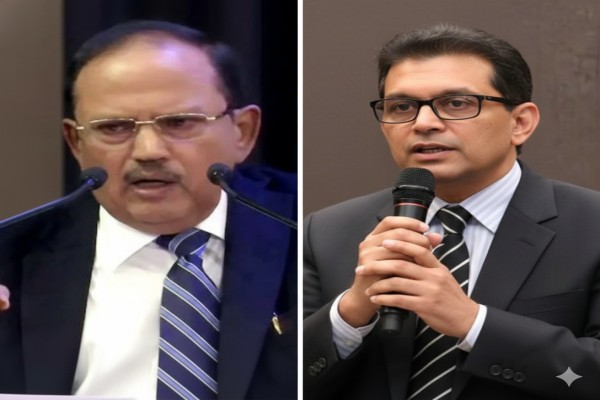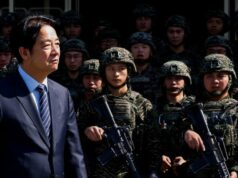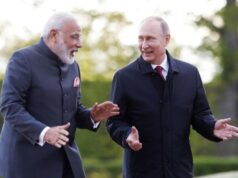National Security Adviser Ajit Doval met his Bangladeshi counterpart Khalilur Rahman in New Delhi on Wednesday, ahead of the Seventh NSA-level Meeting of the Colombo Security Conclave (CSC) in New Delhi on November 20.
The Bangladesh High Commission said the two advisers reviewed the CSC’s ongoing work and exchanged views on bilateral matters, with Rahman also inviting Doval to visit Bangladesh at a suitable time.
Although presented as a routine preparatory discussion, the meeting carries unusual diplomatic weight since he is only the second senior Bangladeshi official to visit India since the ouster of former Prime Minister Sheikh Hasina, who fled to India in August 2024. Hasina was sentenced to death by Bangladesh’s International Crimes Tribunal a day before Rahman’s Delhi visit. Dhaka has formally asked India to extradite her, an issue that now shadows any high-level engagement. New Delhi has said it has noted the verdict and reiterated its commitment to the “best interests of the people of Bangladesh”.
These tensions place added significance on the CSC summit, which begins on November 20. NSA Doval is hosting his counterparts from Sri Lanka, Maldives, Mauritius and Bangladesh, with Seychelles participating as an observer and Malaysia joining as a special guest. This marks the first high-level CSC gathering since the bloc’s foundational documents were signed in Sri Lanka last year, an important step in institutionalising security cooperation across the Indian Ocean region.
The meeting will review progress across five core CSC pillars: maritime security; counterterrorism and anti-radicalisation; transnational crime; cybersecurity and critical infrastructure protection; and humanitarian assistance and disaster relief. Member states are expected to finalise the 2026 Roadmap and Action Plan, with discussions covering maritime domain awareness, shared cyber defences for ports and power grids, and coordinated responses to trafficking networks and extremist threats. India is also likely to call for more frequent joint exercises and operational-level cooperation among member and partner countries.
Rahman’s participation has drawn particular attention because this is his first official visit to India since becoming Bangladesh’s NSA in April 2025. He arrives as Bangladesh navigates a turbulent political transition under the interim government led by Chief Adviser Muhammad Yunus, which has announced that national elections and a referendum on the 2024 reform charter will be held together in February 2026. Rahman has become a central diplomatic figure for the interim administration, engaging with partners including the United States, China and Qatar, and playing a key role in regional humanitarian discussions related to Myanmar’s Rakhine State.
Against this backdrop, his visit to Delhi serves dual purposes: representing Bangladesh in a key regional security forum, and quietly maintaining diplomatic continuity with India at a time when bilateral sensitivities are high. Any exchanges on the sidelines—whether addressing contentious issues or simply reinforcing communication channels—are likely to be closely watched in both capitals and across the region.
The New Delhi CSC meeting ultimately aims to reinforce the Indian Ocean region’s collective security architecture at a moment of heightened geopolitical attention.





